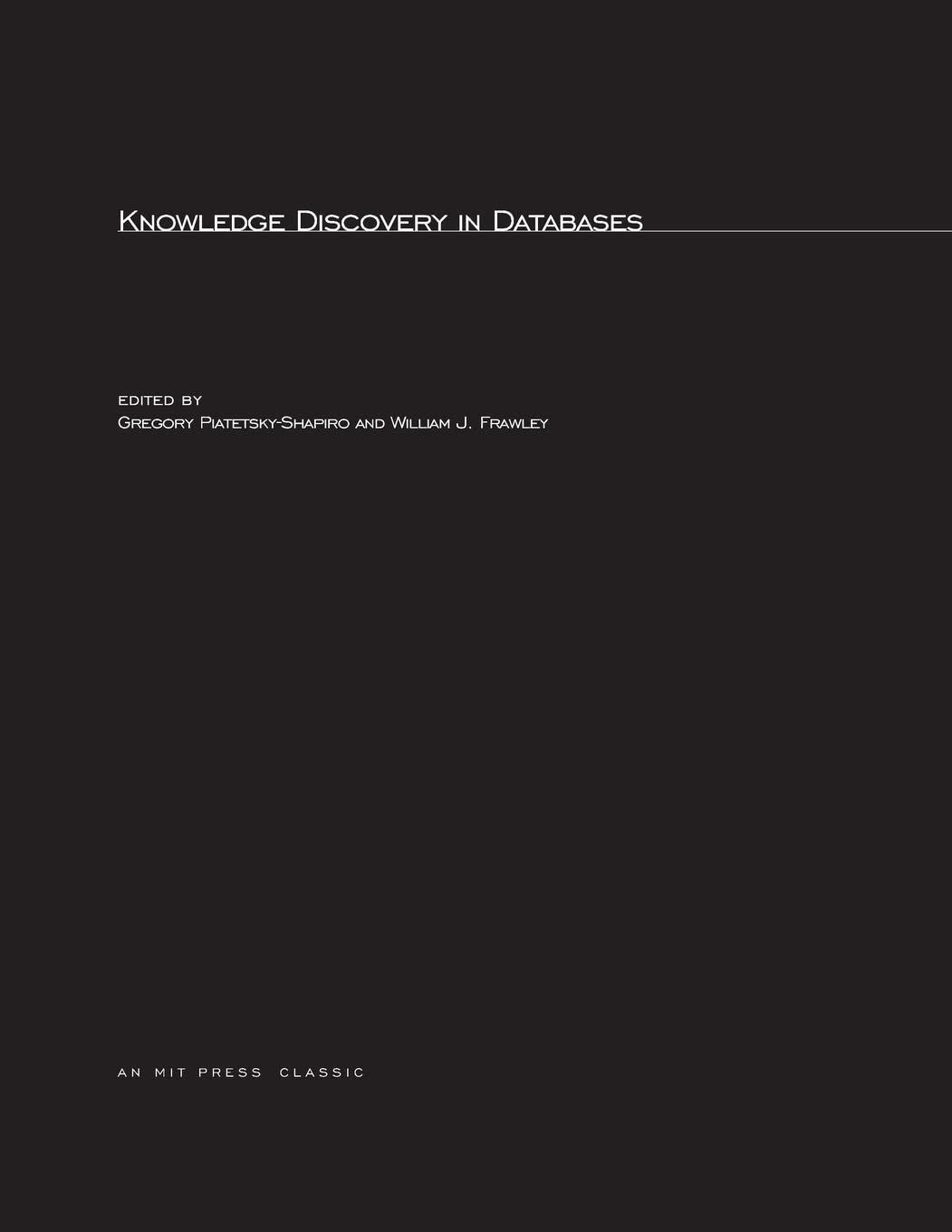Answered step by step
Verified Expert Solution
Question
1 Approved Answer
Questions 18 - 20 pertain to the following class, Point: public class Point { private double x; private double y; public Point() { this (0,
Questions 18 - 20 pertain to the following class, Point:
public class Point { private double x; private double y; public Point() { this (0, 0); } public Point(double a, double b) { /* missing code */ } // ... other methods not shown } Which of the following correctly implements the equals method?
public boolean equals(Point p) { return (x == p.x && y == p.y ); }
public void equals(Point p) { System.out.println(x == p.x && y == p.y); }
public void equals(Point p) { return (x == p.x && y == p.y ); }
public boolean equals(Point p) { return (x == Point.x && y == Point.y); }
public boolean equals(Point p) { System.out.println(x == p.x && y == p.y); }
_______________________
The default constructor sets x and y to (0, 0) by calling the second constructor. What could be used to replace /* missing code */ so that this works as intended?
a = 0; b = 0;
this (x, y);
this(0, 0);
x = a; y = b;
a = x; b = y;
_____________________
Which of the following correctly implements a mutator method for Point?
public double getX() { return x; }
public void setCoordinates (double a, double b) { x = a; y = b; }
None of the items listed.
public double getX() { return a; }
public void setCoordinates (double a, double b) { Point p = new Point(a,b); } Step by Step Solution
There are 3 Steps involved in it
Step: 1

Get Instant Access to Expert-Tailored Solutions
See step-by-step solutions with expert insights and AI powered tools for academic success
Step: 2

Step: 3

Ace Your Homework with AI
Get the answers you need in no time with our AI-driven, step-by-step assistance
Get Started


